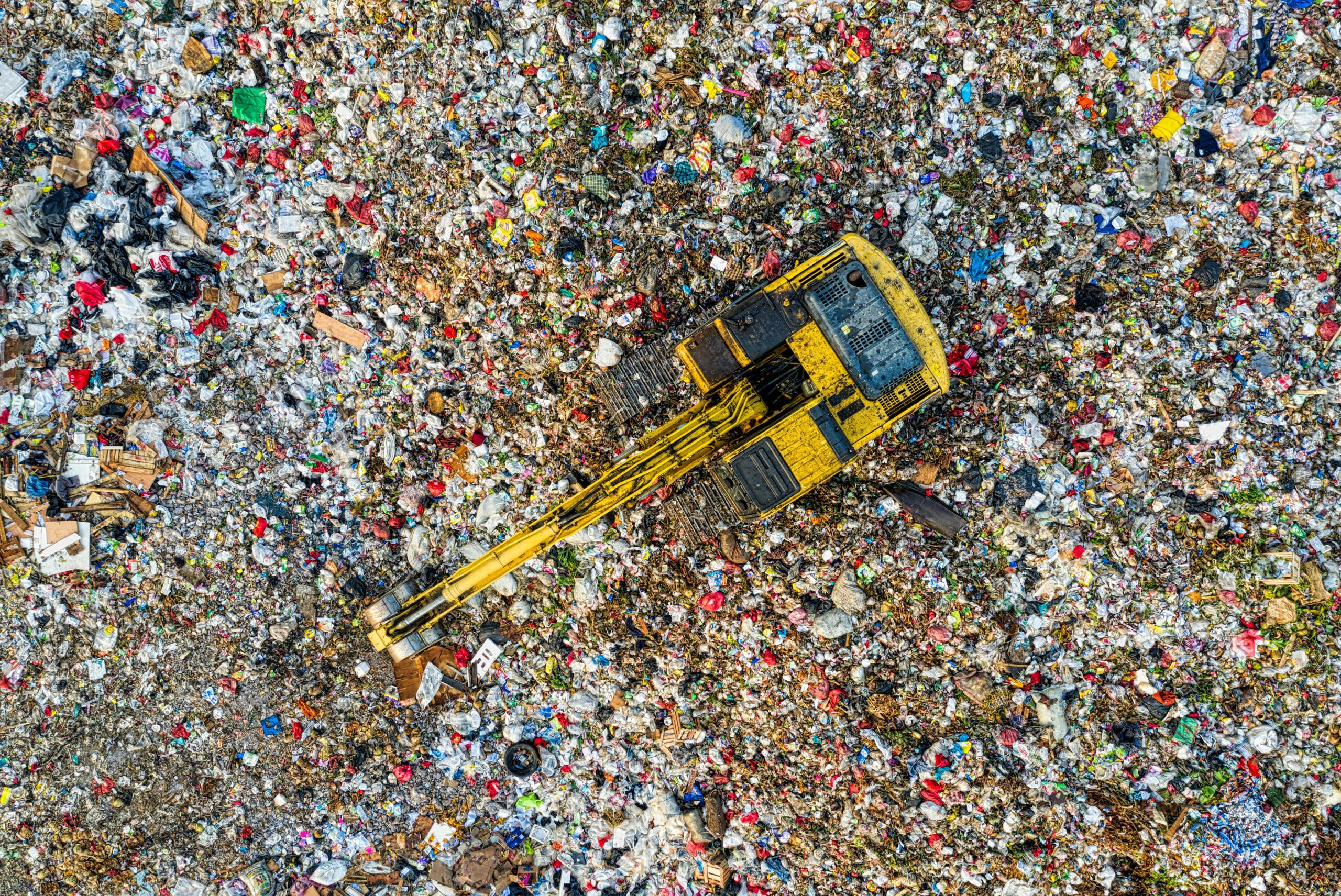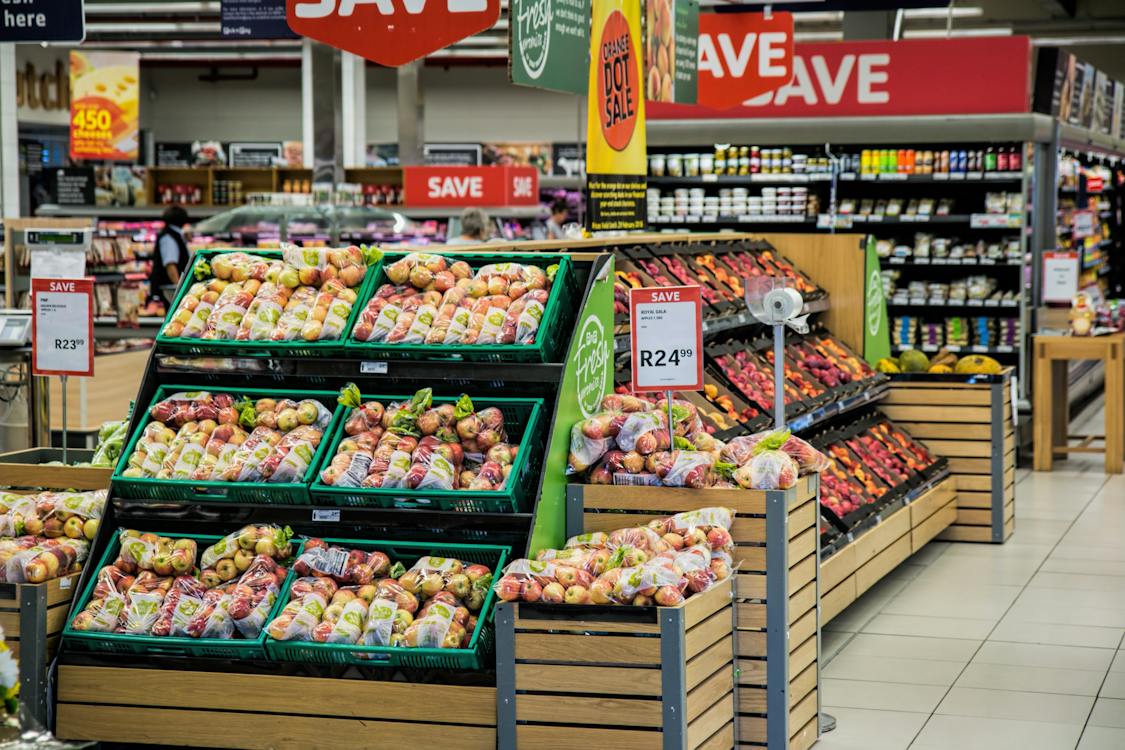Sustainable Dining in Dallas: How Top Restaurants Manage Food Waste

In the heart of Texas, Dallas is renowned for its vibrant culture and bustling economy and its progressive strides in sustainability, particularly in the culinary scene. Food waste management is a critical aspect of environmental stewardship among the numerous initiatives.
It's inspiring to see how top restaurants in Dallas are leading the charge, adopting innovative strategies to minimize food waste, thus contributing to a more sustainable future. For those looking for comprehensive dallas waste solutions, it's essential to recognize how these practices benefit the environment and enhance the dining experience for customers.
The Farm-to-Table Movement and Food Waste Reduction
The farm-to-table movement has made significant progress in bringing sustainable cuisine to the Dallas area. By obtaining ingredients from nearby farms, these restaurants aid the regional economy and lower the carbon emissions linked to shipping nourishment across great spans. Yet the advantages go further than merely sourcing locally. These establishments foster close relationships with agriculturalists to coordinate and forecast harvest yields, permitting them to acquire precisely the suitable amounts of crops.
This approach helps reduce waste by ensuring that only what can be used is purchased. Working directly with area farms in this collaborative style has proven mutually beneficial for restaurants seeking the freshest fare and farmers striving to supply local demand efficiently.
Innovative Waste Management Strategies
The restaurants in the city of Dallas are taking noteworthy steps in managing the waste that is an unavoidable outcome of operating a commercial kitchen. Beyond sourcing high-quality ingredients and thoughtfully crafting seasonal menus, these establishments are pioneering innovative methods for dealing with food scraps and other byproducts. Composting has become a prevalent practice among eateries dedicated to protecting the environment.
Rather than sending leftover food remnants to overflowing landfills where they decompose and release methane - a potent greenhouse gas - the scraps are transformed into nutrient-rich compost. This compost is then used to replenish the soil, closing the loop in a sustainable cycle. The compost enriches agricultural lands, supporting local farmers and the regional food system. By composting their organic waste, these conscientious restaurants are lessening their impact on the climate while assisting area growers.
Carefully analyzing the types and amounts of waste produced is another effective strategy for reducing excess. By routinely examining what gets thrown away, dining establishments can pinpoint which aspects of their operations generate the most trash and develop focused plans to lessen it. Whether more food is being ordered than needed, items are expiring before use, or uneaten portions are being discarded, gaining visibility into the origins is the crucial first move in productively managing food waste. Specific small changes could go a long way, like double checking order quantities versus expected customers or offering doggy bags for leftovers. A waste audit provides insights to help augment sustainability efforts.
Community Engagement and Awareness
Top Dallas restaurants have taken necessary steps outside of their own kitchens to raise awareness about minimizing food that goes uneaten. In addition to implementing beneficial practices internally, many establishments are actively engaging with the community on curbing food waste. Various events and workshops are held that educate people on reducing unused food at home through highlighting straightforward yet impactful strategies.
Simple approaches like planning meals before shopping, correctly storing provisions, and happily reusing leftovers are emphasized. This community outreach plays a significant role in establishing a culture of sustainability that spreads farther than the restaurant, setting into the daily lives of Dallas residents. By hosting informative sessions, these top restaurants aim to build an understanding of how small changes can make a positive difference collectively.
The Role of Technology in Food Waste Management
Technology has become incredibly helpful for restaurants seeking to reduce the amount of food thrown away. Various tech solutions exist that can assist in minimizing waste from the start. Inventory management systems, for example, utilize data analysis to forecast demand more precisely, enabling restaurants to order only what they need to meet customers' orders. This targeted approach to procurement aims to decrease excess inventory.
Apps also connect establishments with extra edible food to charitable organizations, ensuring unsold meals go to feed people rather than a landfill. Through such digital connections, charities can pick up and distribute perishable items before they spoil. At the same time, these technologies streamline operations by improving efficiency. With accurate demand predictions and optimized ordering, restaurants save money by purchasing only what will sell. The sustainable practices thus supported prove that protecting the environment and boosting business performance can be mutually achieved through innovative tools.
Conclusion
The culinary landscape in Dallas has been putting forth an admirable demonstration of how the food business can fill a crucial part in sustainability. By sourcing locally, creative waste administration, local area association, and reception of innovation driving eateries in Dallas are showing that fine feasting and natural asset protection can coexist. These practices are grabbing hold as they become more far-reaching; they clear a way for a more maintainable future, one supper at once. A developing number of eateries in the Dallas territory are concentrating their endeavors on sourcing fixings from neighborhood ranchers and providers.
This permits clients to appreciate new seasonal fixings while supporting nearby agribusiness. Besides, numerous eateries have actualized cutting edge waste the board frameworks that limit the measure of nourishment squanders sent to landfills. Some have even changed over waste into vitality or compost. The broader reception of these sorts of maintainable rehearses by the food business can significantly diminish its carbon footprint and support nearby communities.




